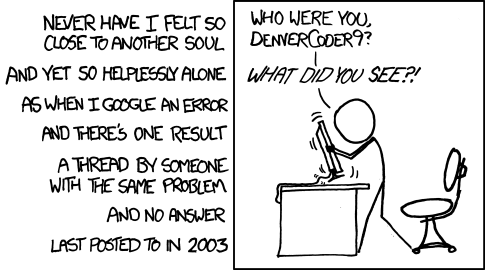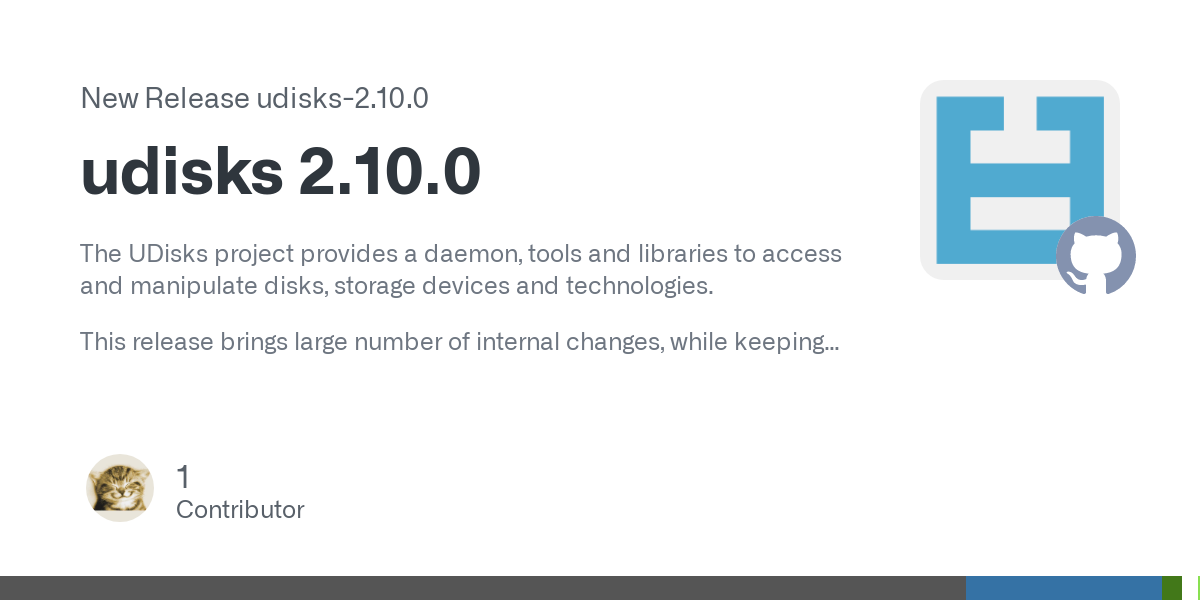Centrist, progressive, radical optimist. Geophysicist, R&D, Planetary Scientist and general nerd in Winnipeg, Canada.
troyunrau.ca (personal)
lithogen.ca (business)
- 21 Posts
- 379 Comments

 1·6 days ago
1·6 days agoAll I’m hearing is complaining. It’s open source. Fix mate then so it does what you want.

 1·6 days ago
1·6 days agoWell, that’s on mate then. In KDE you could remap to a combo of your choice with ease

 3·6 days ago
3·6 days agoI don’t use mate, but assuming that it has a file manager and that file manager has hotkeys that conform to the muscle memory that is built using other file managers… Try it and see what happens?

 2·8 days ago
2·8 days agoThey’d probably gerrymander them, sadly

 9·8 days ago
9·8 days agoHave a wiki rabbit hole: https://en.wikipedia.org/wiki/Texas_secession_movements
But perhaps more interesting, the annexation of Texas to the US initially allowed Texas to be split into four additional states. https://en.wikipedia.org/wiki/Texas_divisionism – imagine all those extra senators popping up today if Texas decided to execute on that agreement.

 37·8 days ago
37·8 days agoAtwood is also one of the sanest centrist voices I’ve ever read, in essays and interviews. (Centrist by Canadian standards – probably quite left by US standards). She always seems to be acutely aware of institutional inertia and how things like independent courts are vital to free societies. Wish there were more like her.

 3·13 days ago
3·13 days agoYour assertion that the document is malicious without any evidence is what I’m concerned about.
At some point you have to decide to trust someone. The comment above gave you reason to trust that the document was in a standard, non-malicious format. But you outright rejected their advice in a hostile tone. You base your hostility on a youtube video.
You should read the essay “on trusting trust” and then make a decision on whether you are going to participate in digital society or live under a bridge with a tinfoil hat.
In Canada, and elsewhere, insurance companies know everything about you before you even apply, and it’s likely true elsewhere too. Even if they don’t have personally identifiable information, you’ll be in a data bucket with your neighbours, with risk profiles based on neighbourhood, items being insuring, claim rates for people with similar profiles, etc. Very likely every interaction you have with them has been going into a LLM even prior to the advent of ChatGPT, and they will have scored those interactions against a model.
The personally identifiable information has largely been anonymized in these models. In Canada, for example, there are regulatory bodies like OSFI that they have to report to, and get audited by, to ensure the data is being used in compliance with regulations. Each company will have a compliance department tasked with making sure they’re adhering.
But what you will end up doing instead is triggering fraudulent behaviour flags. There’s something called “address fraud”, where people go out of their way to disguise their location, because some lower risk address has better rates or whatever. When you do everything you can to scrub your location, this itself is a signal that you are operating as a highly paranoid individual and that might put you in a bucket. If you want to be the most invisible to them, you want to act like you’re in the median of all categories. Because any outlying behaviours further fingerprint you.
Source: I have a direct connection to advanced analytics within insurance industry (one degree of separation).

 9·13 days ago
9·13 days agoWow, your paranoia is dialed up to 11.
Step one: soap and water. Step two, a mild acid – you probably have a citric acid based bathroom tile cleaner already or similar. Wrap it in a sacrificial towel or similar and let it soak in that weak acid overnight.

 3·14 days ago
3·14 days agoThe legal and administrative overhead to do all of that would incur significant additional costs. We shall see.

 18·15 days ago
18·15 days agoPersonal anecdote. I run a small business with a business partner (co-owner) and we have no employees. We need an employee. I’m personally a huge fan of employee-owned companies.
But from a hiring perspective, it is mind bogglingly risky for us to hire someone and just automatically stake them. Like, what if it’s the wrong person? How do we claw back control? Do we risk dilution sending the company in another direction?
It’s just so much easier just to pay someone and not have to deal with the complexity. And therein lies the rub.
Depending on the carrot, the skin can be significantly more bitter. And sometimes peeling can be quicker than trying to scrub dirt out of particular lumpy carrots.
YMMV
1000 km and 5000 seconds. Doesn’t seem very capable of hitting much, unless it flew intentionally a very high arc.
Love the solid rocket exhaust aesthetics though. Too bad it is produced as a weapon.
Needs imaginary component

 185·17 days ago
185·17 days agoLKML and patch: https://git.kernel.org/pub/scm/linux/kernel/git/torvalds/linux.git/commit/?id=0fc810ae3ae110f9e2fcccce80fc8c8d62f97907
He cites his work as being a variant of a patch submitted by another developer, Josh Poimboeuf. It’s a team effort folks :)

 8·18 days ago
8·18 days agoIn Demolition man, they passed the 61st Amendment to allow him to be president. https://en.wikipedia.org/wiki/Equal_Opportunity_to_Govern_Amendment#In_popular_culture
























I love hitting these things in the real world. Not the big, but the comment. You just know someone spent a fortune in time and company resources to never solve the problem and their frustration level was ragequit. But then something stupid like adding
while (0){};
Suddenly made it work and they were like, fuckit.
Usually it’s a bug somewhere in a compiler trying to over optimize or something and putting the line in there caused the optimization not to happen or something. Black magic.
The downside is that the compiler bug probably gets fixed, and then decades later the comment and line are still there…